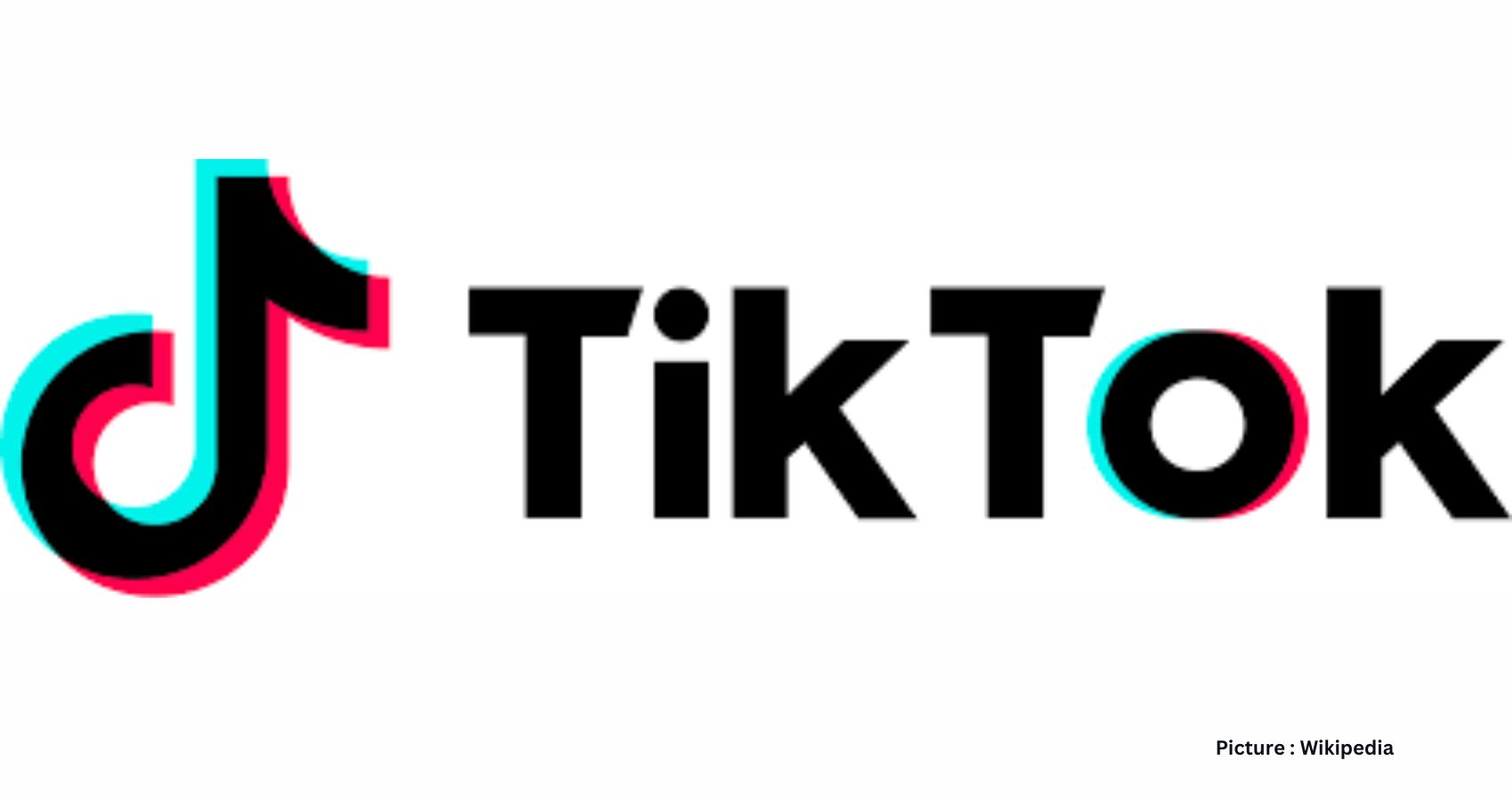China is withholding details on negotiations with the U.S. regarding TikTok, as both nations seek to address concerns surrounding the app’s U.S. operations.
China is remaining tight-lipped about its discussions with the United States concerning TikTok. The Chinese Commerce Ministry stated that Beijing will collaborate with Washington to “properly resolve” issues related to the divestiture of TikTok’s U.S. operations, as reported in a translation by CNBC.
Louise Loo, head of Asia economics at Oxford Economics, expressed concerns about the lack of specifics in these discussions. In an email, she noted, “It’s the lack of specifics that will most certainly add to policy miscalculation risk.” Loo further emphasized that there is insufficient evidence to suggest that Beijing’s interests in the TikTok issue align with President Trump’s motivations to divest the entity’s U.S. business.
The Commerce Ministry’s statement did not include a timeline or additional details. This announcement followed a significant meeting between President Donald Trump and Chinese President Xi Jinping, marking their first in-person encounter since Trump took office in January.
The ownership of TikTok, which is operated by the Chinese company ByteDance, has been a contentious issue in U.S.-China relations, primarily due to concerns about data privacy, national security, and content manipulation. U.S. officials have raised alarms that Chinese ownership could potentially grant access to American user data or influence TikTok’s algorithm. Conversely, China has insisted that any resolution must protect the sovereignty and rights of its enterprises, rather than merely ensuring “fair treatment.”
Negotiators from both countries have reached a preliminary framework agreement aimed at addressing these concerns. This proposed plan suggests that a U.S.-based entity would assume majority control of TikTok’s U.S. operations, while ByteDance would retain a minority stake. Additionally, American user data would be stored under U.S. control, and the recommendation algorithm would either be licensed, rebuilt, or managed through a hybrid approach specifically for the American market.
This development signifies a broader shift in U.S.-China technology relations, indicating a willingness to negotiate significant company-level disputes instead of resorting to outright bans or unilateral actions. While this approach alleviates immediate tensions, several critical aspects—such as algorithm oversight, limits on Chinese ownership, and enforcement of U.S. data controls—remain provisional.
The TikTok situation exemplifies the intricate intersection of technology, geopolitics, and national security in today’s digital landscape. The preliminary framework between the U.S. and China underscores both nations’ acknowledgment that high-profile tech companies can become focal points for larger strategic and economic issues. While the agreement seeks to balance U.S. data protection and algorithm oversight with China’s desire to safeguard its enterprises, the absence of finalized details highlights the precariousness of such arrangements.
This scenario illustrates the potential risks of misalignment between governmental objectives, which could have significant implications for policy, commerce, and public perception.
Source: Original article

